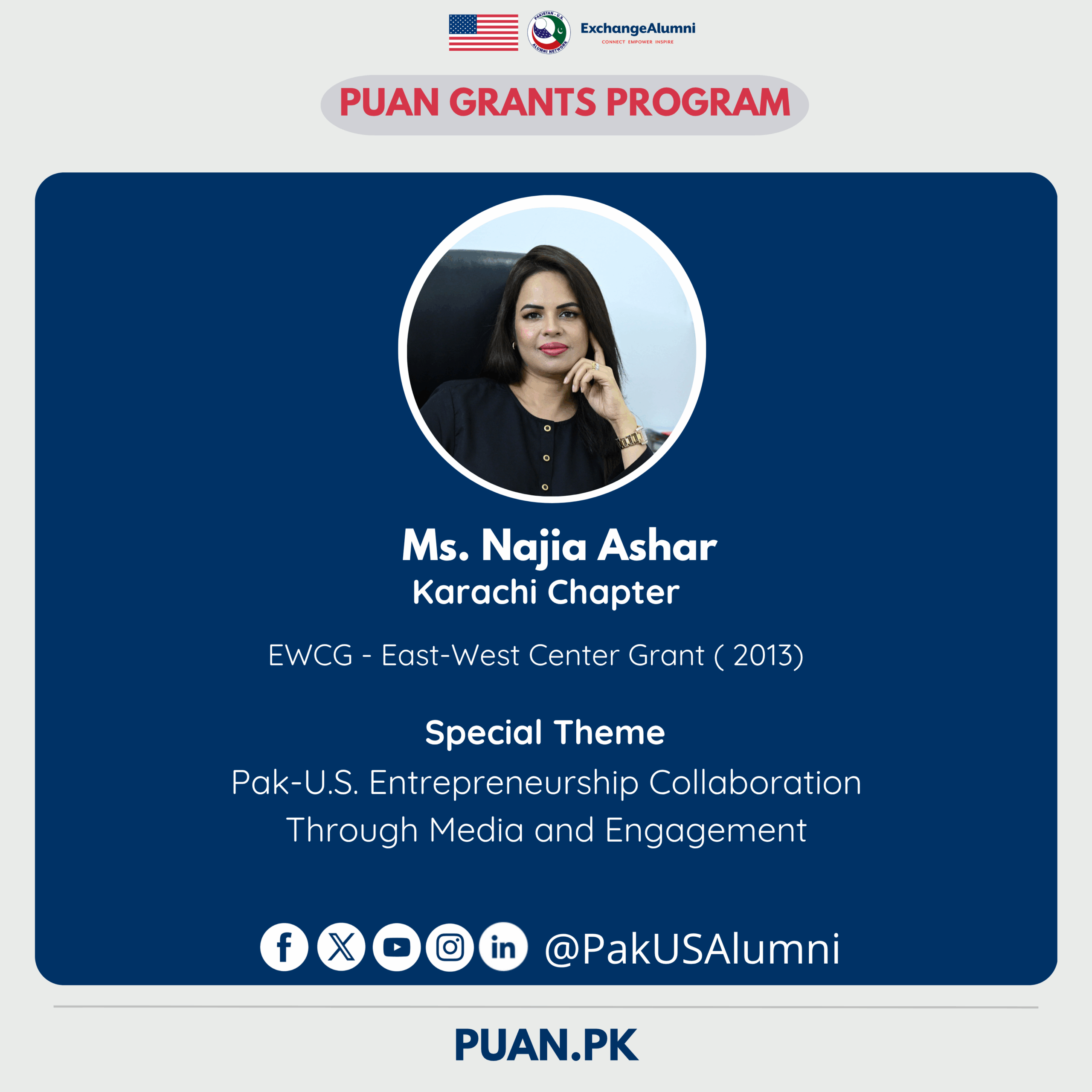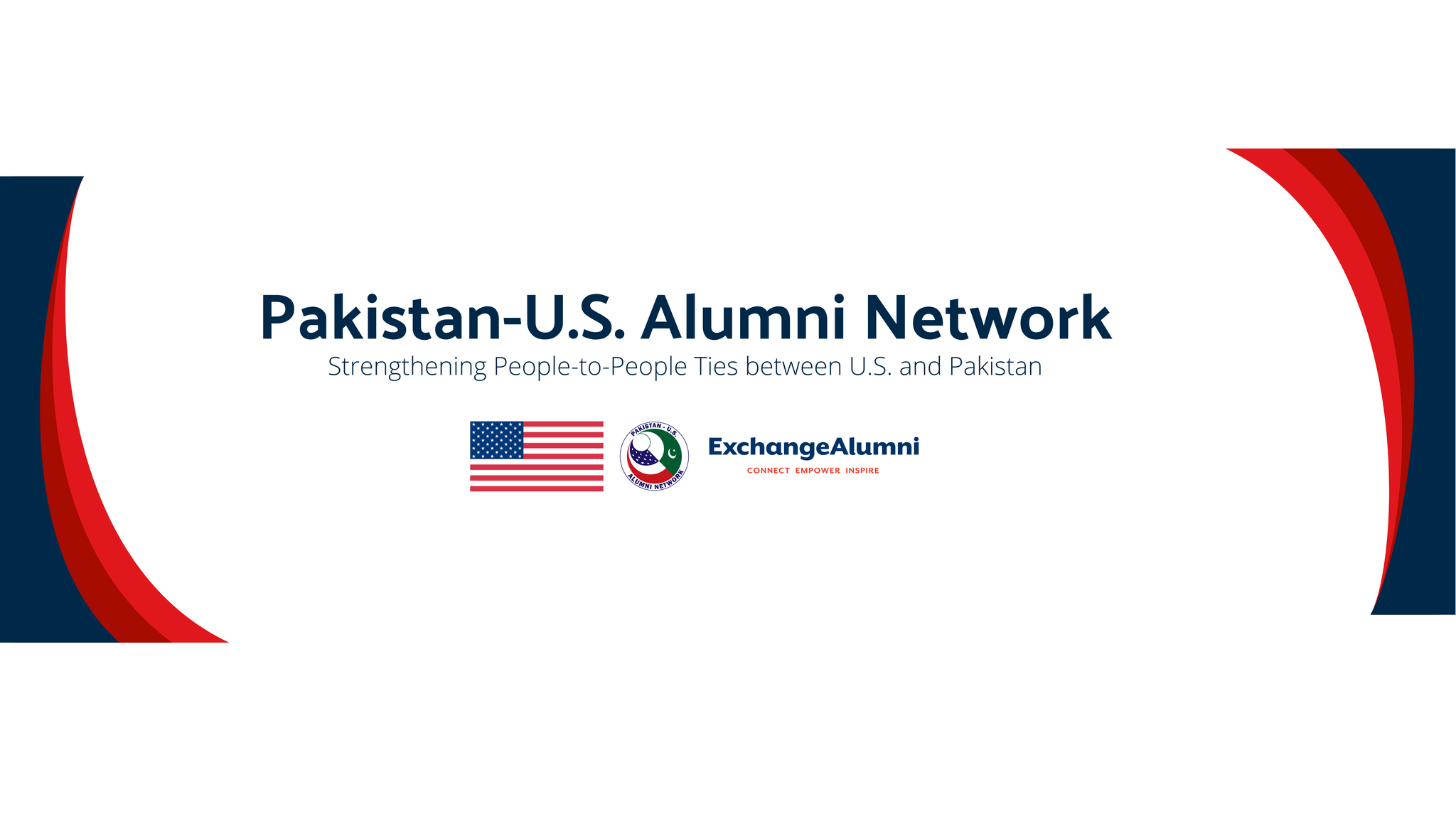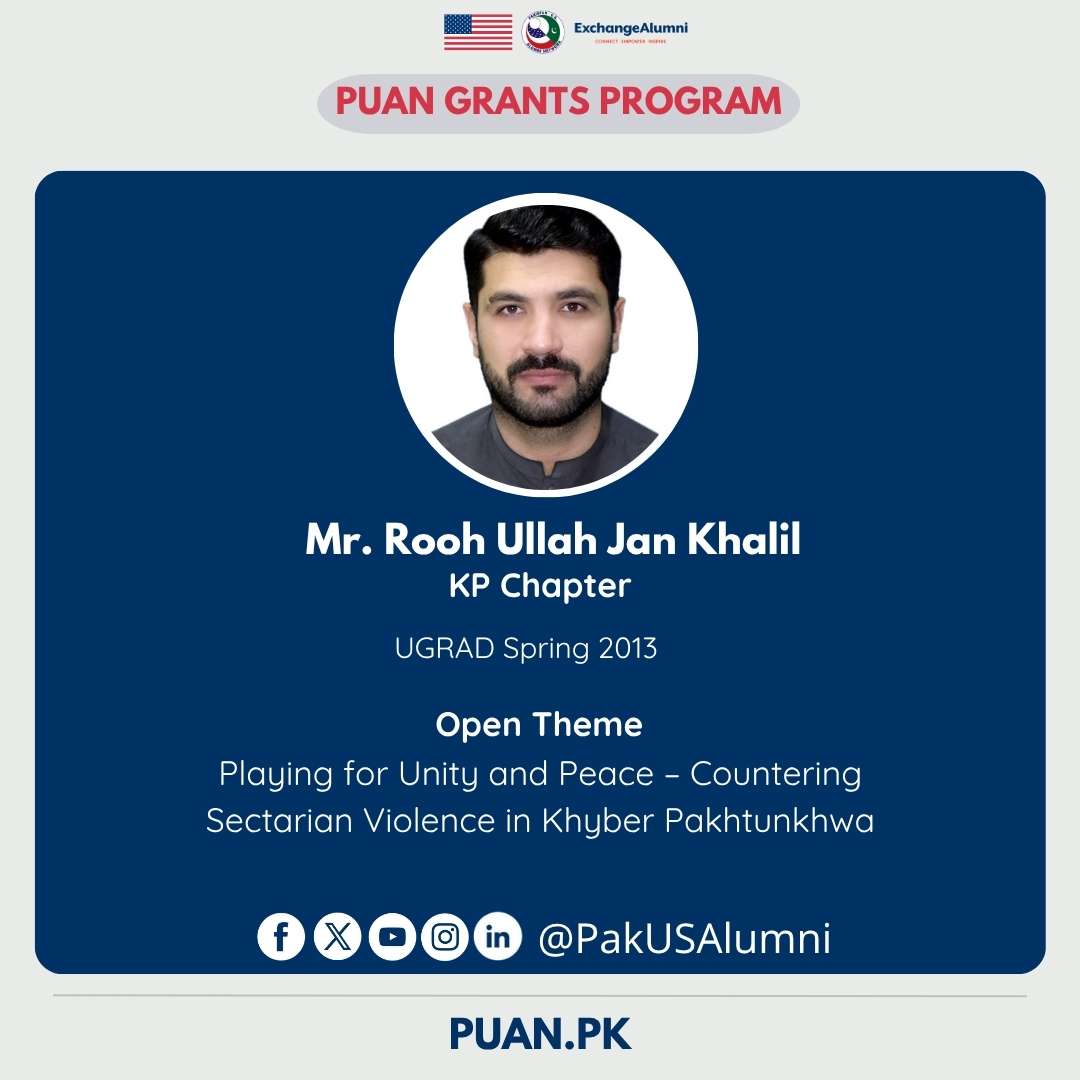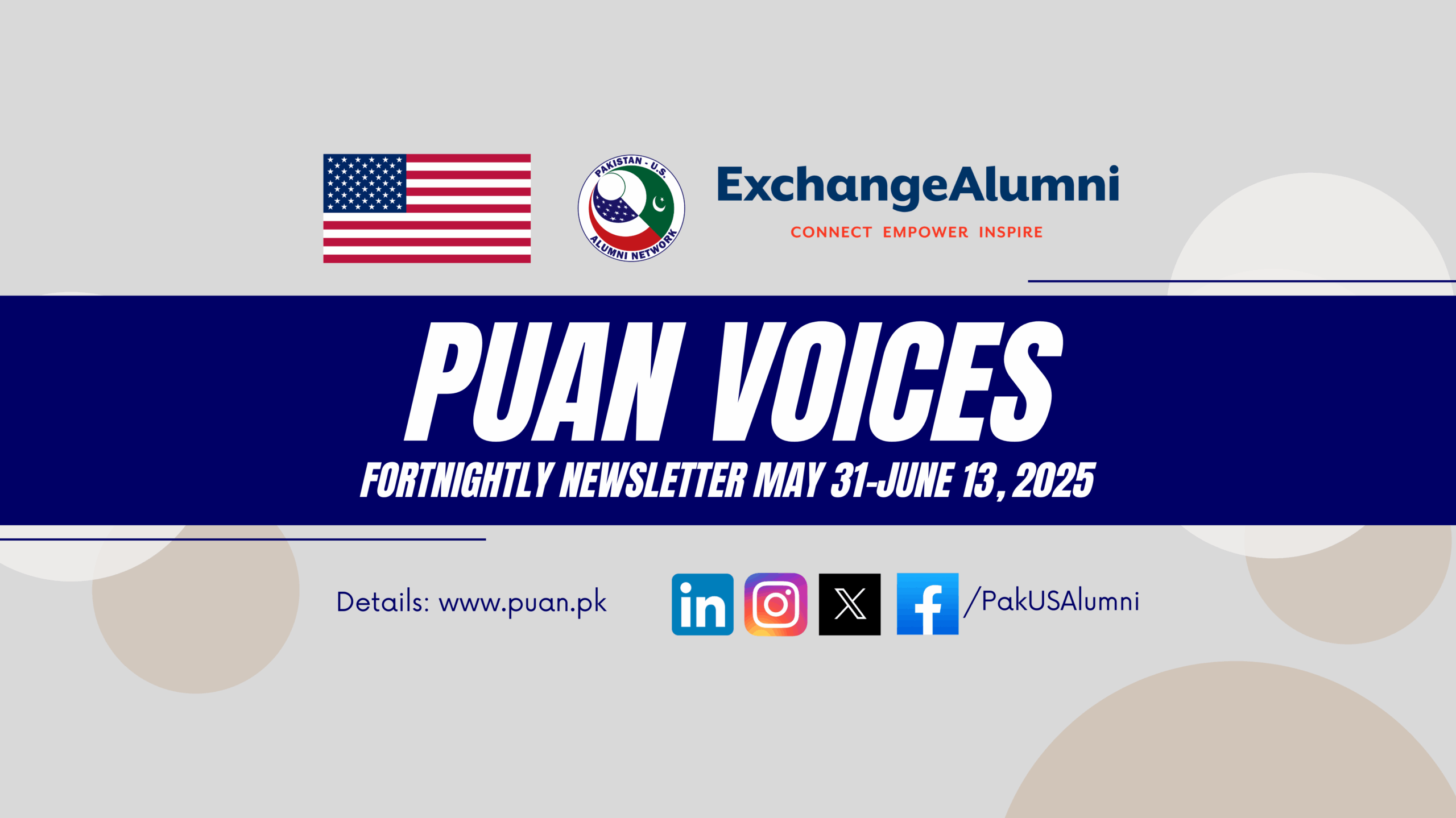By Rimsha Ali Shah–Study of the United States Institutes (SUSI) Alumna
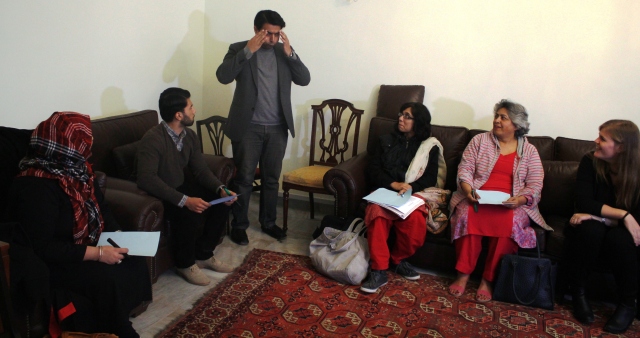
Pakistan and India share a similar socio-economic and cultural context when it comes to the sexes and society. As a woman, time and again I have strongly felt that we need to engage our male counterparts to sensitize and empower them to support gender equality in their personal and professional capacities.
Continuing PUAN’s efforts to connect Indian and Pakistani alumni across borders, I worked with another SUSI alumna in Chennai to convene an online interactive session on issues of gender, perceptions and stereotypes on the fifteenth of December. The event proved to be a two hour rollercoaster ride with participants acting, sketching, and brainstorming to identify ways to promote gender equality in their communities.
I started with a role play focused on media representation of workplace harassment, male chauvinism in the family structure, and street harassment. The exercise revealed that these issues are not just influenced by social and economic factors but also by disparity in education between men and women.
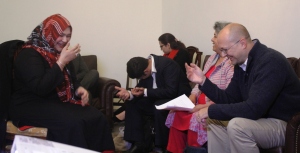
Bilal Jan, a Global UGrad Alumnus spoke about how the social structure in Peshawar did not create a welcoming work environment for women, so that many of them were not able to empower themselves economically. Professor Shaheena Ayub from National University of Modern Languages also weighed in by highlighting the importance of giving equal treatment to both sexes at educational institutions, so as to promote an environment free from discrimination.
I was inspired to witness the progressive mindset of the youth from Chennai and Islamabad. The participants gave ideas on ‘gender-sensitive parenting’ in the activity ‘Catch Them Young’ which focused on how to shape confident, self-assured and respectful men and women.
Both the Pakistani and Indian alumni enacted role-plays on the prevailing parental attitudes towards the role of girls in the household and about female education. During the performance, an IVLP Alumna and a Gender Studies Researcher at Quaid-e-Azam University Rabbia Aslam stressed the need to sensitize the younger generations of today so that they can become gender-sensitive parents in the future.
Creating Support Systems
While discussing the importance of transparency and legal protection, the participants also spoke about their role as a support system for victims of harassment on an emotional level. Support from family, friend, and colleagues can help to make sure that the voices of the victims are heard, which in turn can lead to an end to the silent epidemic of gender discrimination.
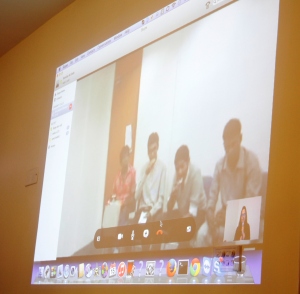
The dialogue ended with the participants writing down three simple actions that they will take in their personal capacity to address gender inequality in their social circle. The Islamabad chapter’s General Secretary Asma Mohsin concluded the event with a note of thanks to the U.S Consulate Chennai, U.S Embassy Islamabad and PUAN’s local chapter.
I would also like to personally thank Madeleine Marie, Brindha Jayakanth, Bodhitha Joseph, Shahid Waseem, James Cerven and the amazing twenty alumni who made this dialogue a thoroughly engaging session which brimmed of positive energy.
The conversation strongly resonated with the words of Pakistani Nobel Laureate, Malala Yousufzai, “We cannot succeed when half of us are held back.” I agree, and the time is ripe to empower ourselves with the knowledge and courage to break the shackles of female harassment and inequality.


